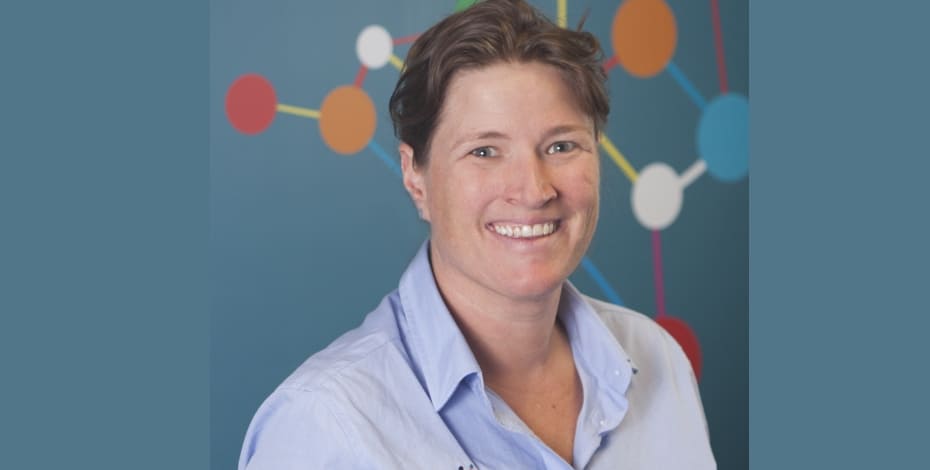
Hitting back at concussion

Physiotherapists have a key a role to play in maximising outcomes post-injury says Katie Davies, who will educate peers on the how and why at the 2024 VIC Branch Winter Breakfast. Marina Williams reports.
Katie Davies understands the positive impact physiotherapists can have with concussion management.
Twenty years of experience in neurological rehabilitation—including vestibular management— clinical work at hospitals and clinics in Melbourne and London has honed Katie’s skills.
The physiotherapist is keen to have her profession gain further representation ‘at the multidisciplinary table’ when supporting people who have presented with concussion.
‘We see concussion in many fields of physiotherapy, such as sports, paediatrics, gerontology, trauma, emergency departments, neurology and community.
Through our skill set and experience, physiotherapists understand that rehabilitation requires a unique set of skills, both hands-on impairment management and management of the wider person, within a multidisciplinary team,’ says Katie, who has been exposed to a wide range of neurological presentations and a variety of treatment adjuncts.
A key contributor to the Australian Institute of Sport with its recent concussion guidelines, physiotherapy recommendations and sought-after presenters on the topic of concussion, Katie will deliver the keynote titled ‘The importance of physiotherapy involvement with concussion management’ at the 2024 Vic Branch Winter Breakfast on 19 July.
‘Physiotherapists can make a difference.
We should be helping make decisions about returning to play in sporting clubs; we should be helping make decisions about kids going back to school; and when and how a person returns to work, or an older person receiving ongoing treatment for concussion from a fall.
Physiotherapists should be an important part of that multidisciplinary team supporting the patient through their treatment and recovery.
In sport, when an athlete has concussion, we can be on the sidelines making decisions about recognition of concussion and pulling them off the ground.
We can then also play an important role in recognising when they’re struggling to recover and they’re not back at their best, which is about our role in rehabilitation.’
In her keynote, Katie will talk about neurological rehabilitation and management, particularly concussion, pathophysiology and impairments.
Katie will also discuss:
- neurophysiology and pathology of concussion
- assessment, treatment, return to work, return to sport and management across the lifespan and multidisciplinary team roles
- the importance of the role of physiotherapy
- research undertaken at Monash University and Murdoch Children’s Research Institute
- dispelling myths and misconceptions, and understanding guidelines.
‘Overall, it will highlight the importance of the physiotherapist’s role and how we as a profession should be involved in the concussion timeline, as well as research,’ Katie says.
‘In the past decade, awareness of concussion in the community has intensified, particularly through sport and from media coverage, as has the understanding that this condition can be managed.
‘However, there’s a lot of information in the media and in the community about the bad outcomes for people post-concussion, and how bad it is to have a concussion, particularly in sport, and what rules should be changed to reduce concussions.
But what people don’t hear about is the role physiotherapists can play in identifying concussion and rehabilitating people with persistent symptoms following a concussion.’
In a career that spans clinical work, management, research and teaching, Katie is passionate about promoting the work of
physiotherapists in the neurological field.
She regularly presents to a variety of health professionals on concussion assessment, treatment and recovery.
She also has strong links with experts in concussion management both in Australia and overseas.
Katie’s first ‘neuro’ rotation when studying at Melbourne University was what first sparked an interest in the neurological field.
‘I always loved it and couldn’t imagine having studied or doing anything
The 2024 VIC Branch Winter Breakfast will be held on Friday 19 July from 6:30-9:30 am at 2 Wallen Road, Hawthorn.
Click here for more information and to register.
© Copyright 2025 by Australian Physiotherapy Association. All rights reserved.





